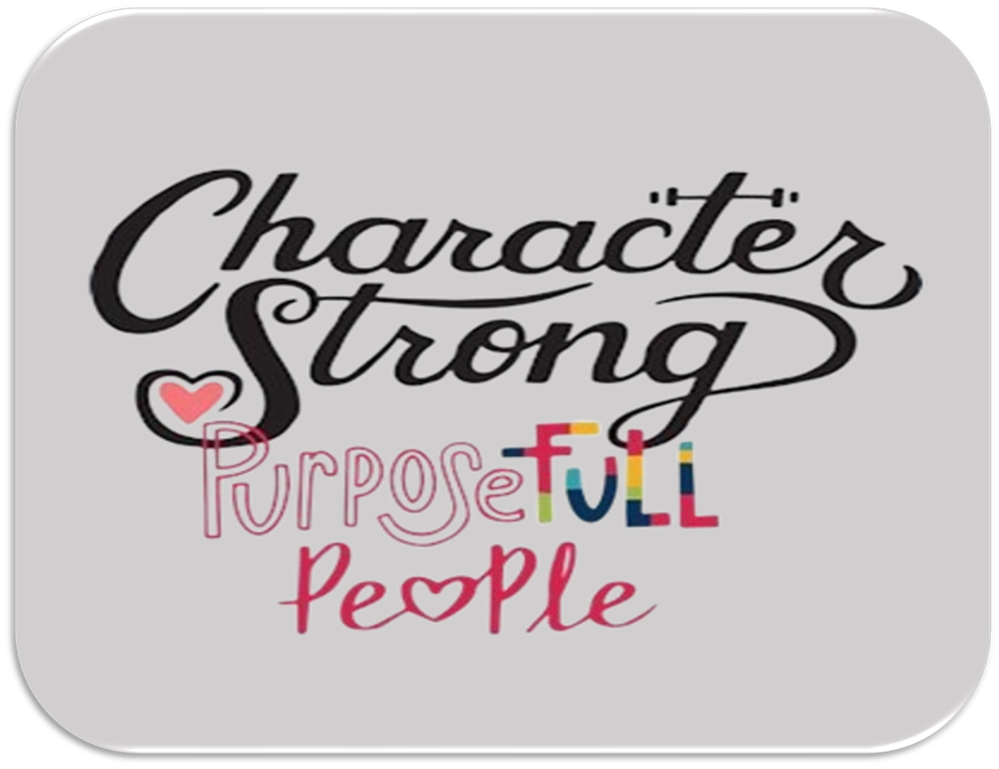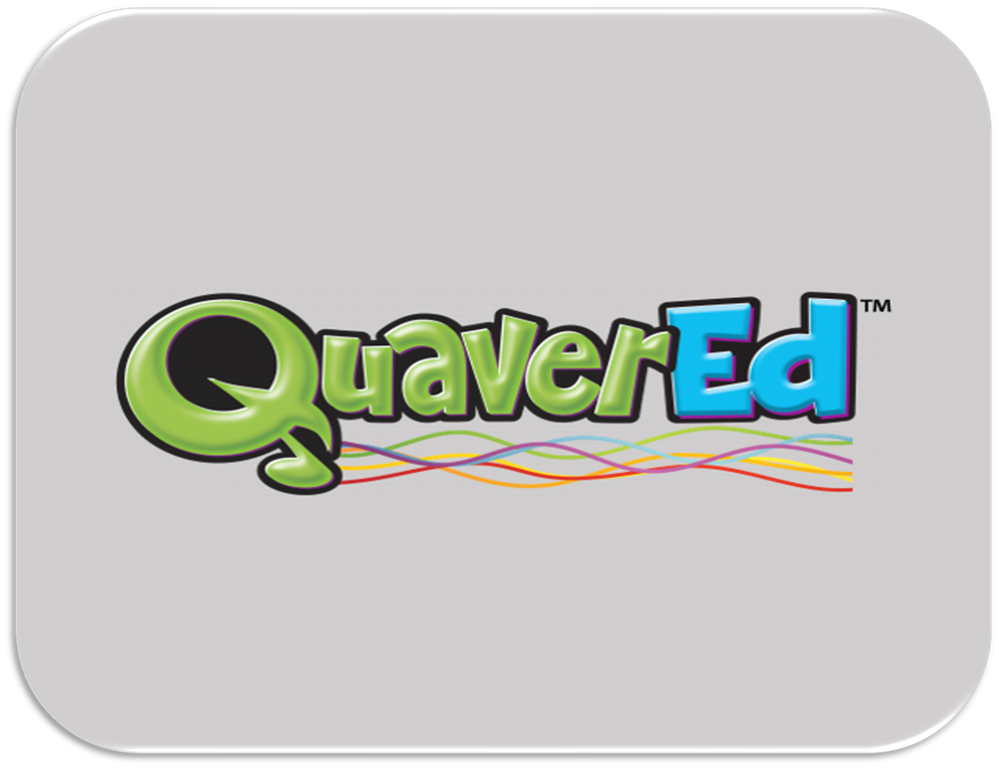- School District of Beloit
- 3rd Grade - Social & Emotional Learning
3rd Grade - Social & Emotional Learning
-
The School District of Beloit has selected a high-quality social, emotional learning curriculum aligned to WI state competencies that incorporates research-based instructional strategies to support all students in their social and emotional growth. The goal of the social and emotional learning program is to prepare our students to be kind, be well and be strong. As a result, we make an effort to establish a solid foundation in social skills and conflict resolution, executive function and emotional regulation. At all grade-levels, lessons build on a student’s prior social and emotional development and focus on future growth via the themes of respect, empathy, cooperation, responsibility, perseverance, courage, gratitude, honesty and creativity.
3rd Grade Units
-
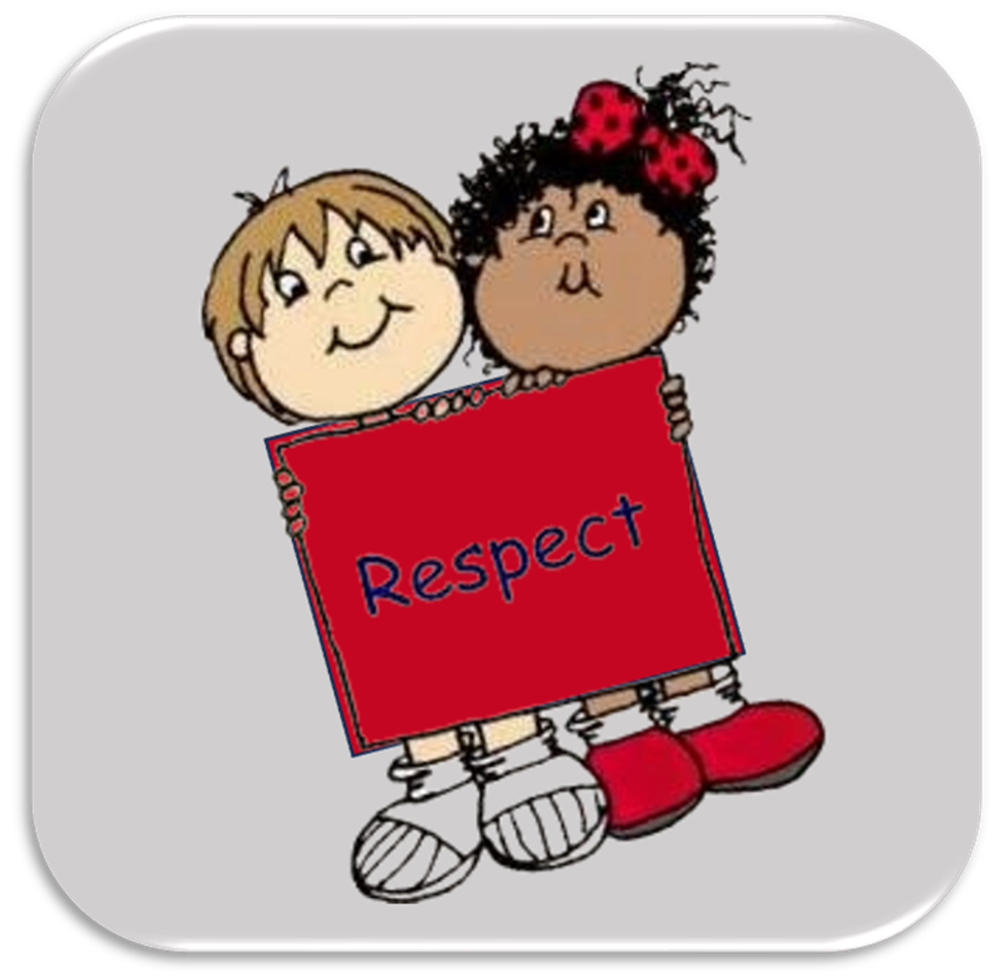
Respect
Students will work collaboratively to create a classroom Respect Agreement. Students will discover and identify how to show Respect through creating a recipe. Students will practice Respect by identifying the good in others. Students will practice perspective-taking by guessing someone else’s point of view and then checking their guess.
-
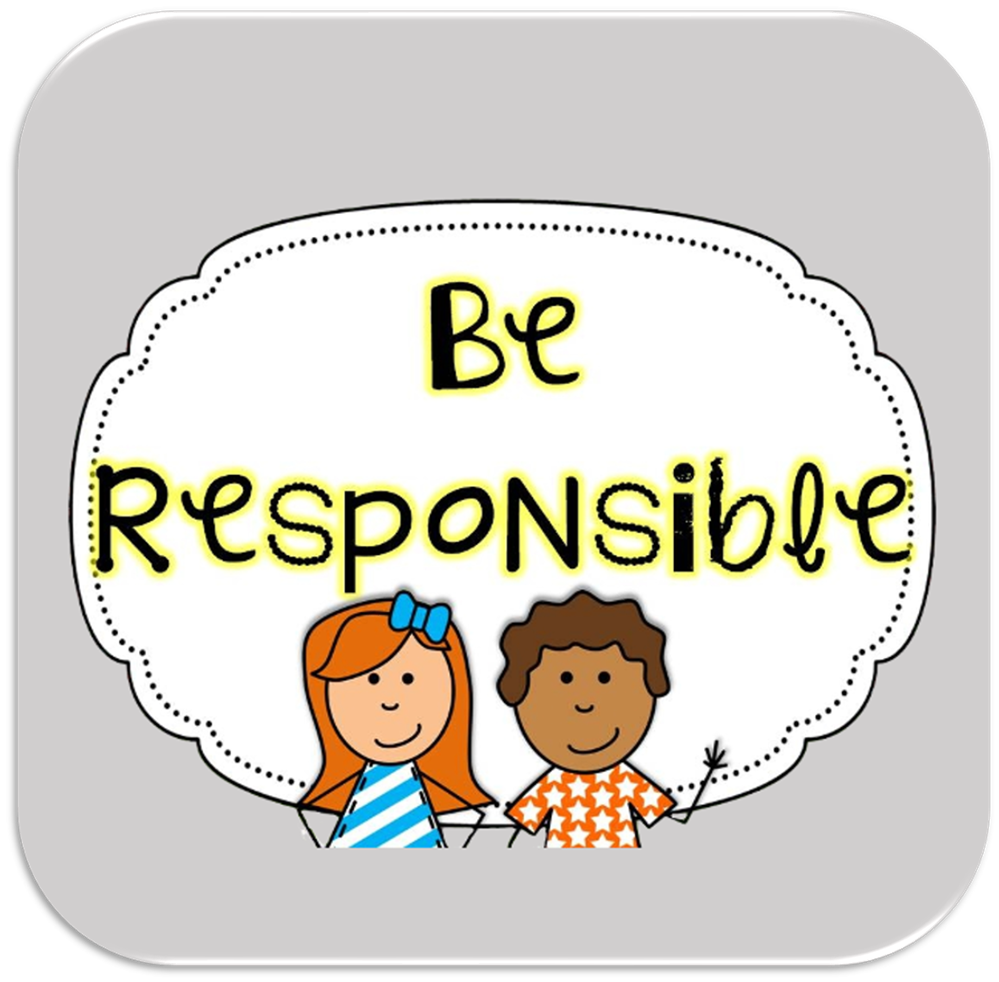
Responsibility
Students will identify a variety of ways in which they can show Responsibility in specific situations. Students will explore TOP goals and create a Mountain TOP Goal for themselves. Students will identify obstacles or challenges related to goal setting and practice flexible thinking. Students will work in groups to create skits about flexible thinking, goal setting, and Responsibility.
-
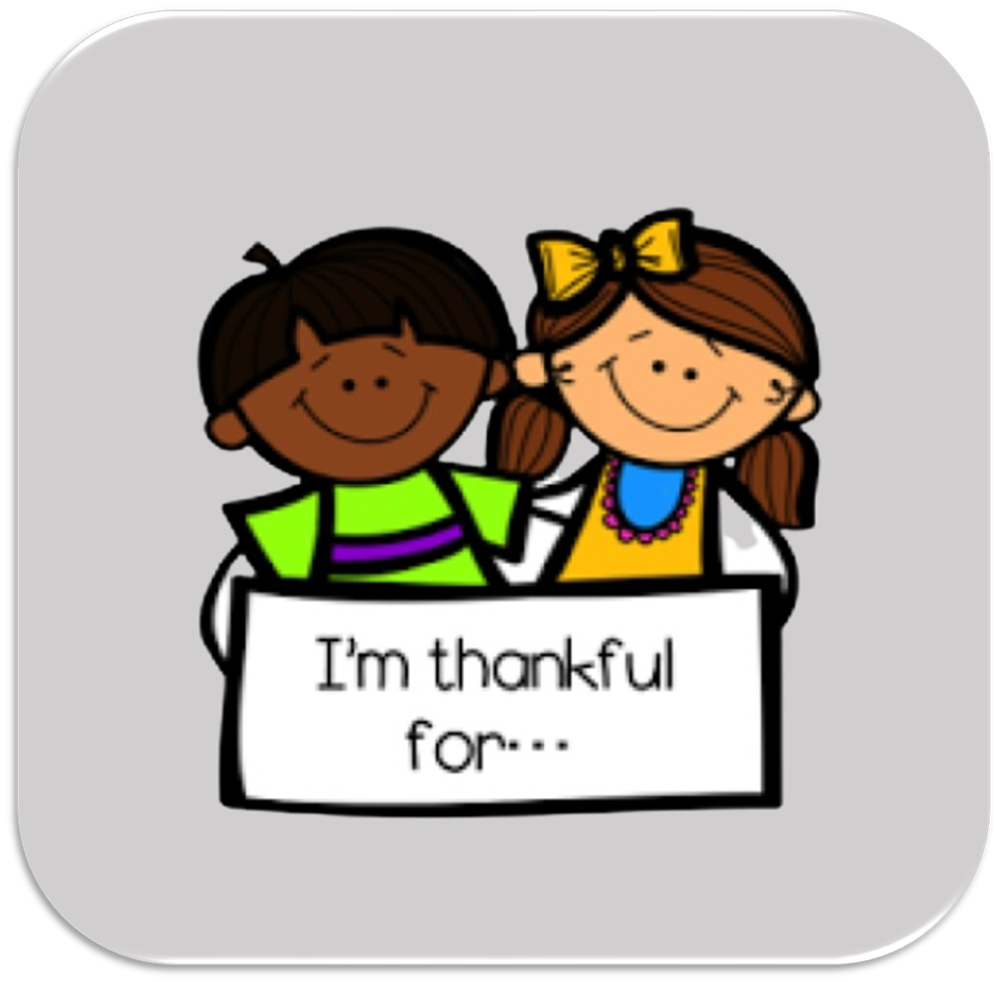
Gratitude
Students will identify emotions and explain why they are Grateful for their emotions. Students will find reasons for Gratitude in disappointing situations. Students will understand how they have control over big emotions and can advocate for help. Students will create a poster of Gratitude using I-statements to express what they are thankful for.
-
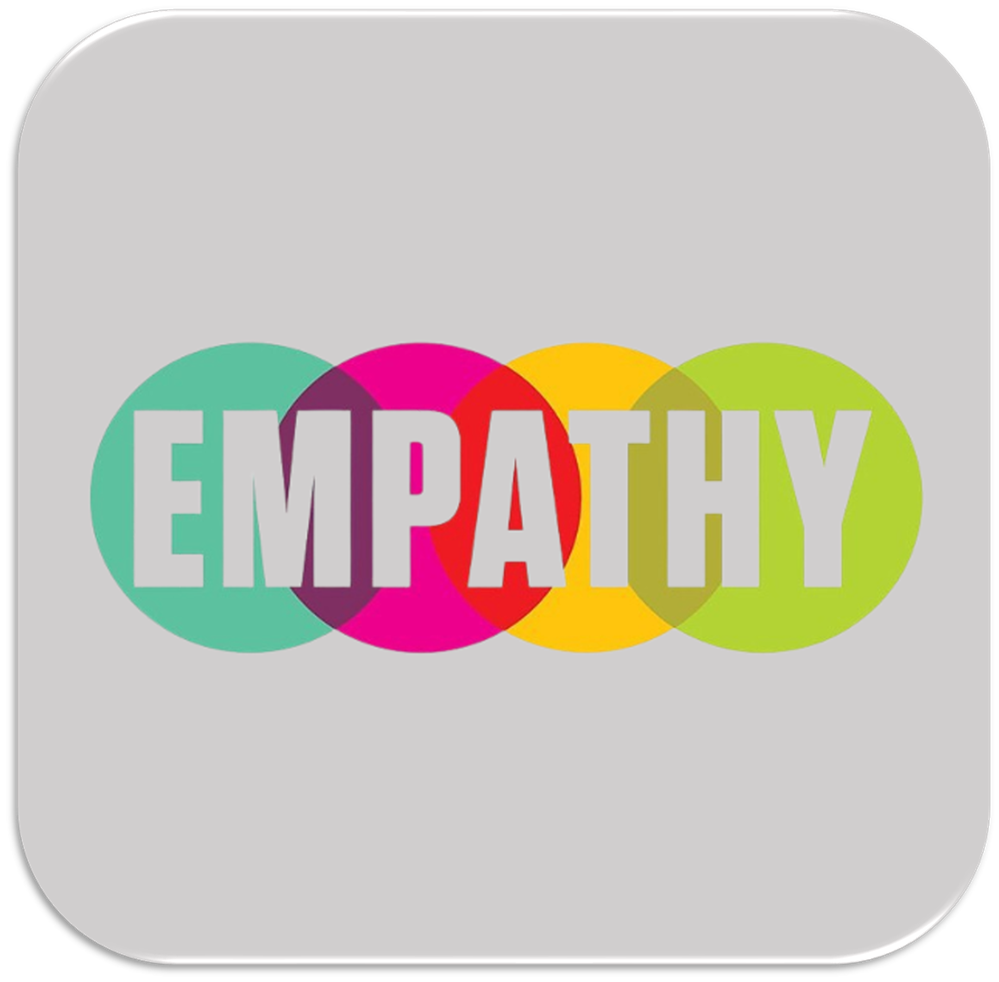
Empathy
Students will practice understanding and connecting with other people’s feelings. Students will create a school map of Kindness that includes how they will show Kindness around the school. Students will explore and identify different perspectives and understand perspective-taking. Students will apply Perspective-Taking to conflict resolution strategies in the Tree of Choices.
-

Perseverance
Students will practice Perseverance by breaking down goals and action items. Students will implement ideas on what to do when they are stuck while working on a challenging task. Students will contrast Perseverance with procrastination, then use flexible thinking to adjust plans as needed. Students will integrate Perseverance with flexible thinking to adapt to new challenges in a game.
-
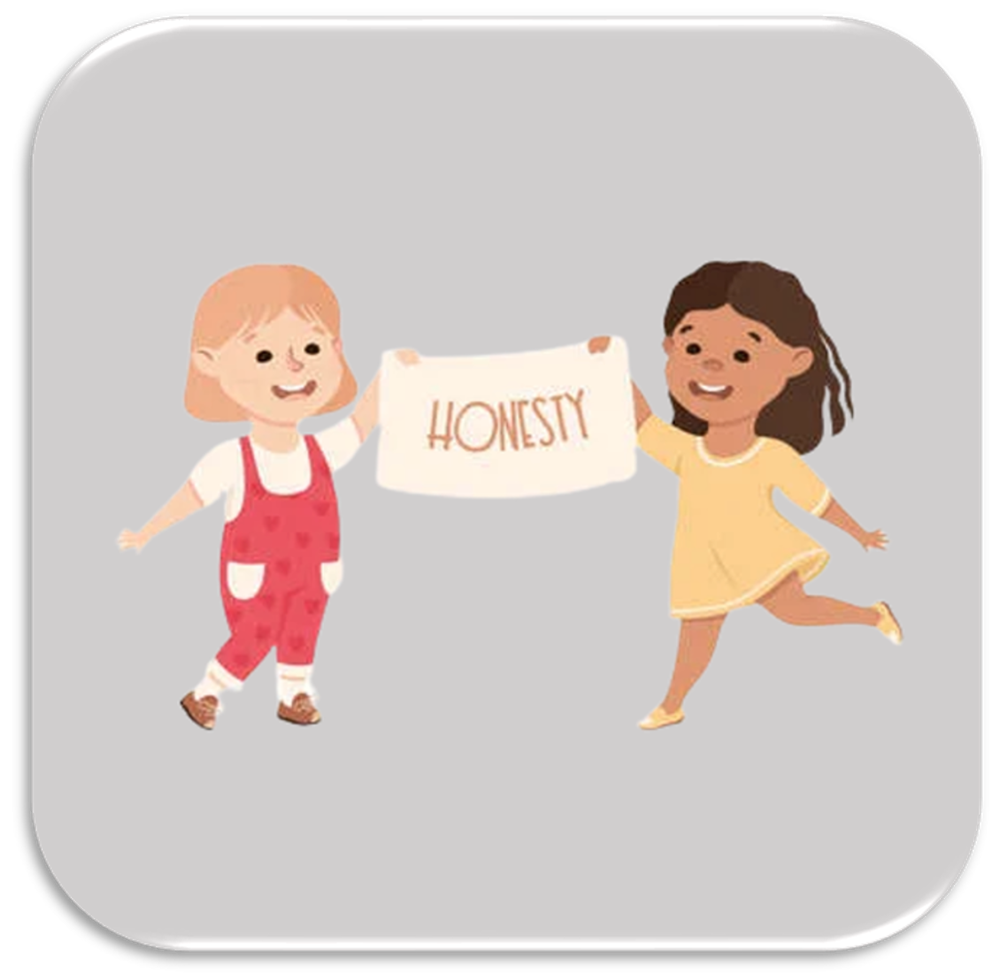
Honesty
Students will build emotion vocabulary by analyzing the feelings associated with Fire & create I-Statements. Students will build emotion vocabulary by analyzing the feelings associated with Earth & create I-Statements. Students will get Honest about their feelings by creating and sharing I-Statements on paper airplanes. Students will explore the Water emotions, evaluate situations, and create an I-Statement.
-

Cooperation
Students will look at other people’s perspectives and practice Respectful, persuasive communication skills. Students will Cooperate and share their perspectives to create a picture and story to go with it. Students will practice Cooperation by completing challenges to get from point A to point B. Students will Cooperate with one another in order to help their teammates guess hidden words.
-
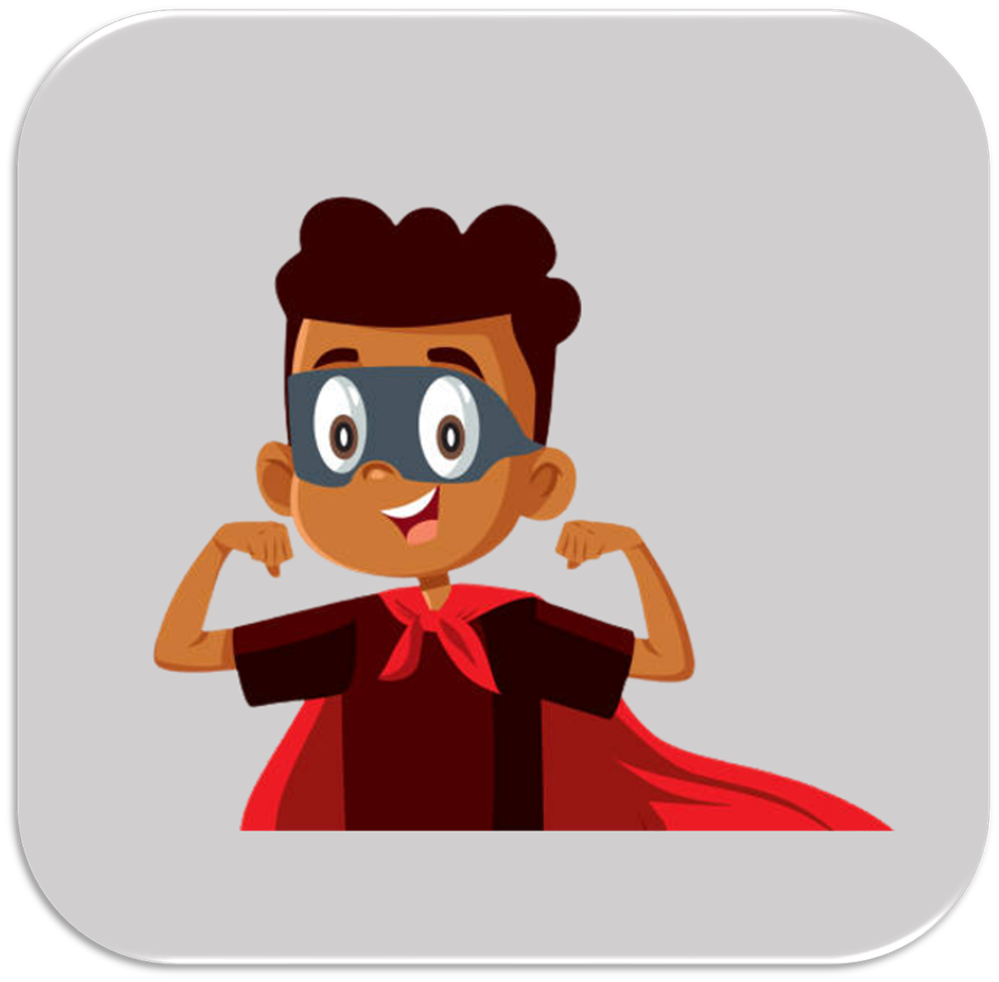
Courage
Students will develop flexible thinking skills to help us demonstrate Courage to do what is right, even when it’s hard. Students will explore how Courage and Flexible Thinking skills can be used when they experience change. Students will use Courage and Flexible Thinking when stepping outside of their comfort zone in social connections. Students will set Courageous character TOP goals and make a plan for flexible thinking.
-

Creativity
Students will apply a formula for Creative problem-solving, empowering them to advocate for their needs. Students will learn about mixed emotions and how to Creatively express how they feel. Students will show Creativity advocating for themselves after the game. Students will create an emotion mind map and share it with a small group.
By the end of 3rd Grade, students will...
-
Self-Concept
- identify and describe skills and activities they do well and those for which they need help.
- identify and explore their own beliefs.
- define the role family and culture play in their identity and beliefs.
- identify simple goals for personal and academic success.
- with encouragement, persist toward reaching a goal, despite setbacks.
Emotional Development
- recognize and label a variety of their own basic emotions.
- use verbal and nonverbal language to demonstrate a variety of increasingly complex emotions.
- with adult guidance, focus their attention by demonstrating a variety of strategies to tolerate distractions.
- with adult guidance, identify how others are feeling basic on their verbal and non-verbal cues and respond with compassion.
- predict how someone else may feel in a variety of situations.
Social Competence
- present their own point of view.
- identify commonalities they share with peers.
- recognize that individual differences are important to self and others.
- identify the different relationships they have with others.
- describe in simple terms how words, tone, and body language are used to communicate with others.
- with adult guidance, adapt behavior based upon peer feedback and environmental cues.
- demonstrate listening skills, ability to start and stop conversations, and take turns in conversations.
- understand the perspective of others in a conflict situation.
- with adult guidance, generate possible choices and actions they could take in a given situation, including positive and negative options.
- demonstrate positive behaviors as established in the classroom and school-wide expectations.
- describe ways to promote personal safety.
- identify how to get help from a trusted adult in a variety of situations.
- with adult guidance, identify classroom, school, and/or community needs.

